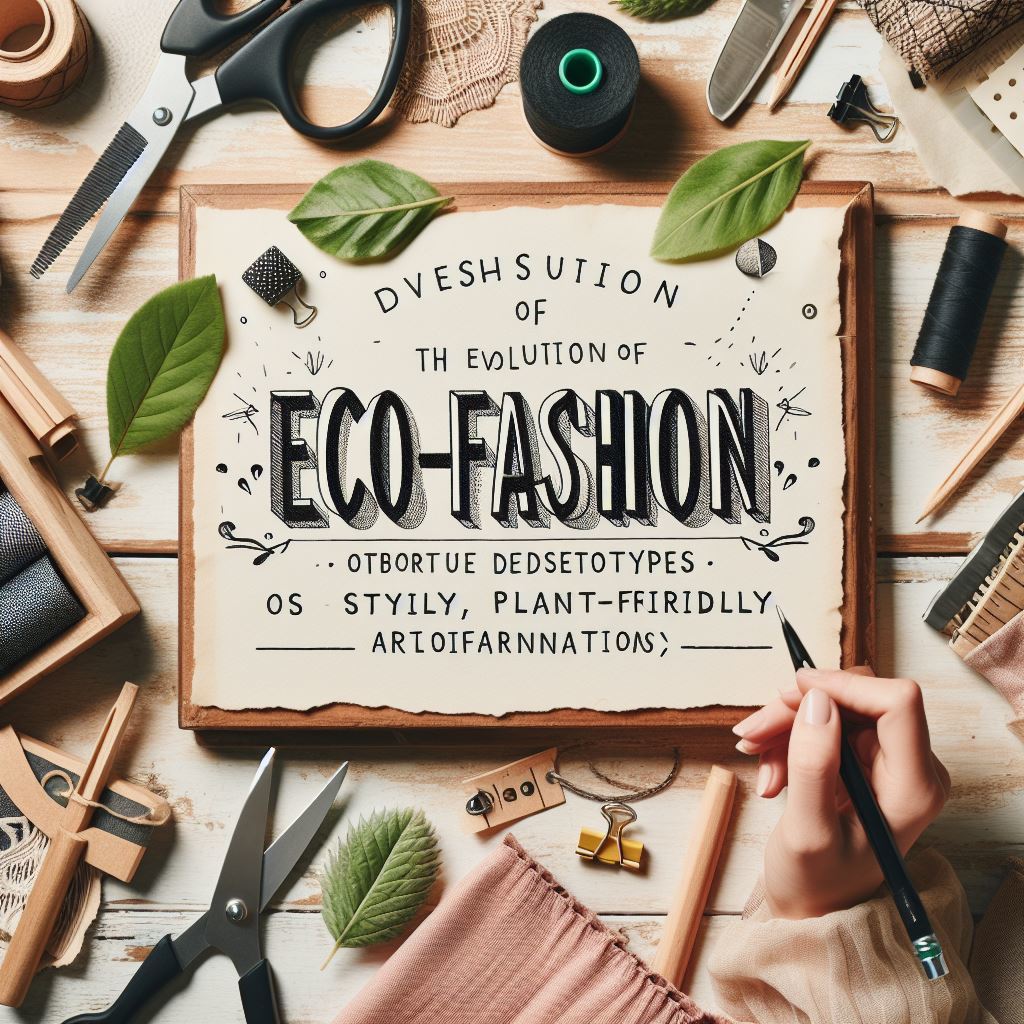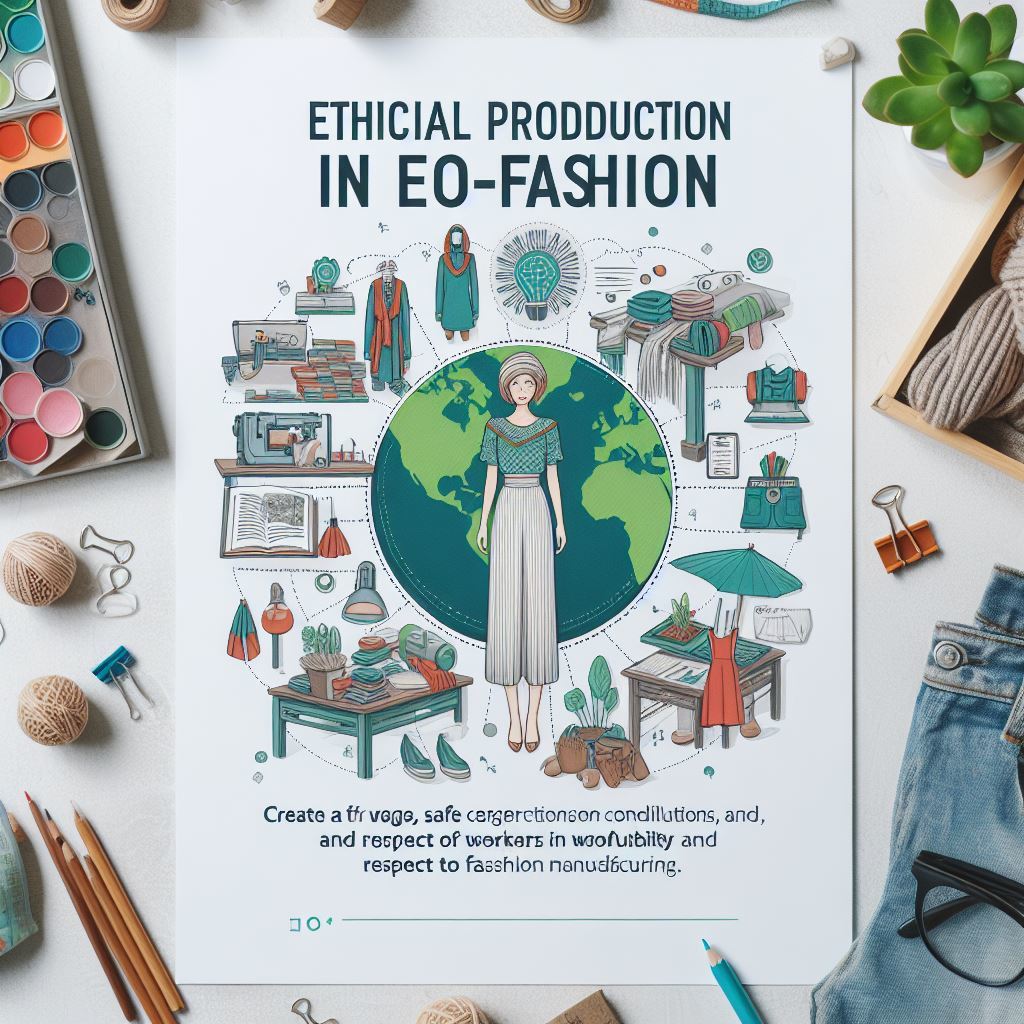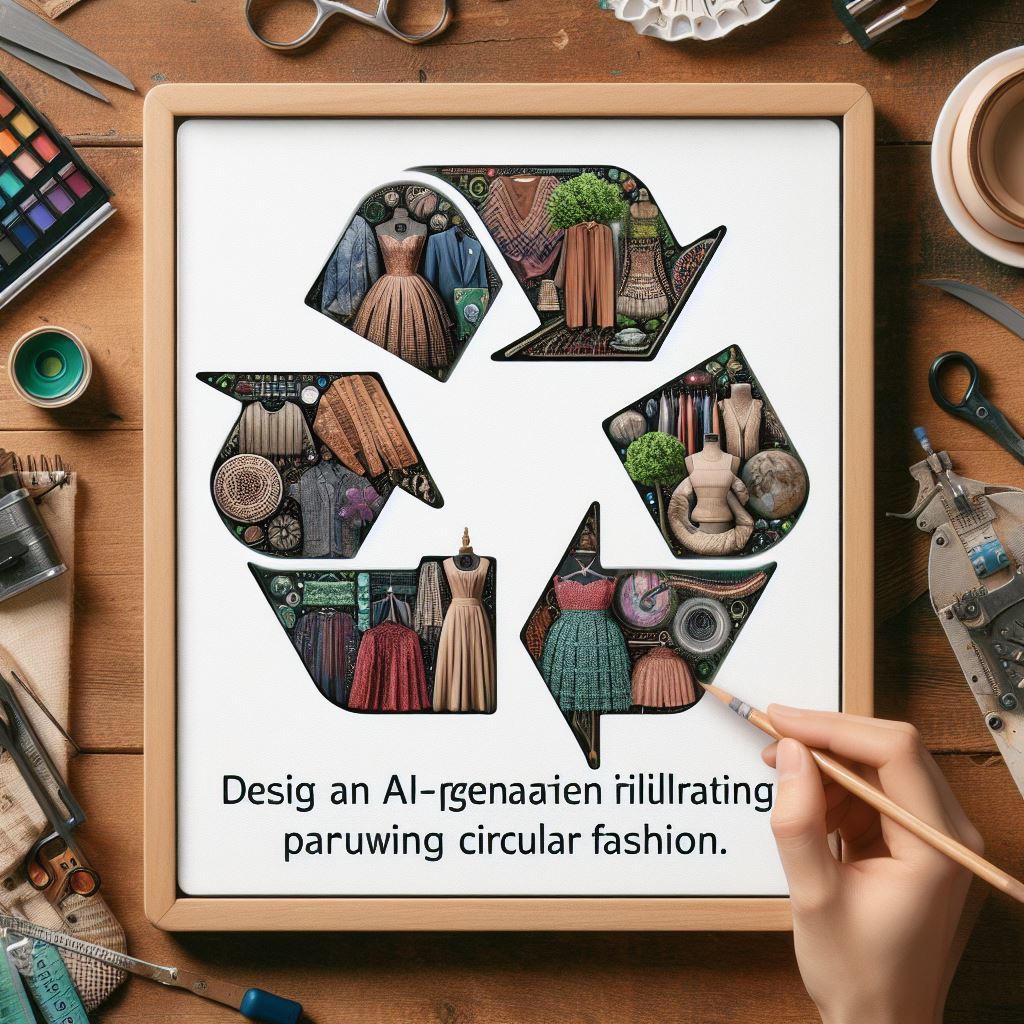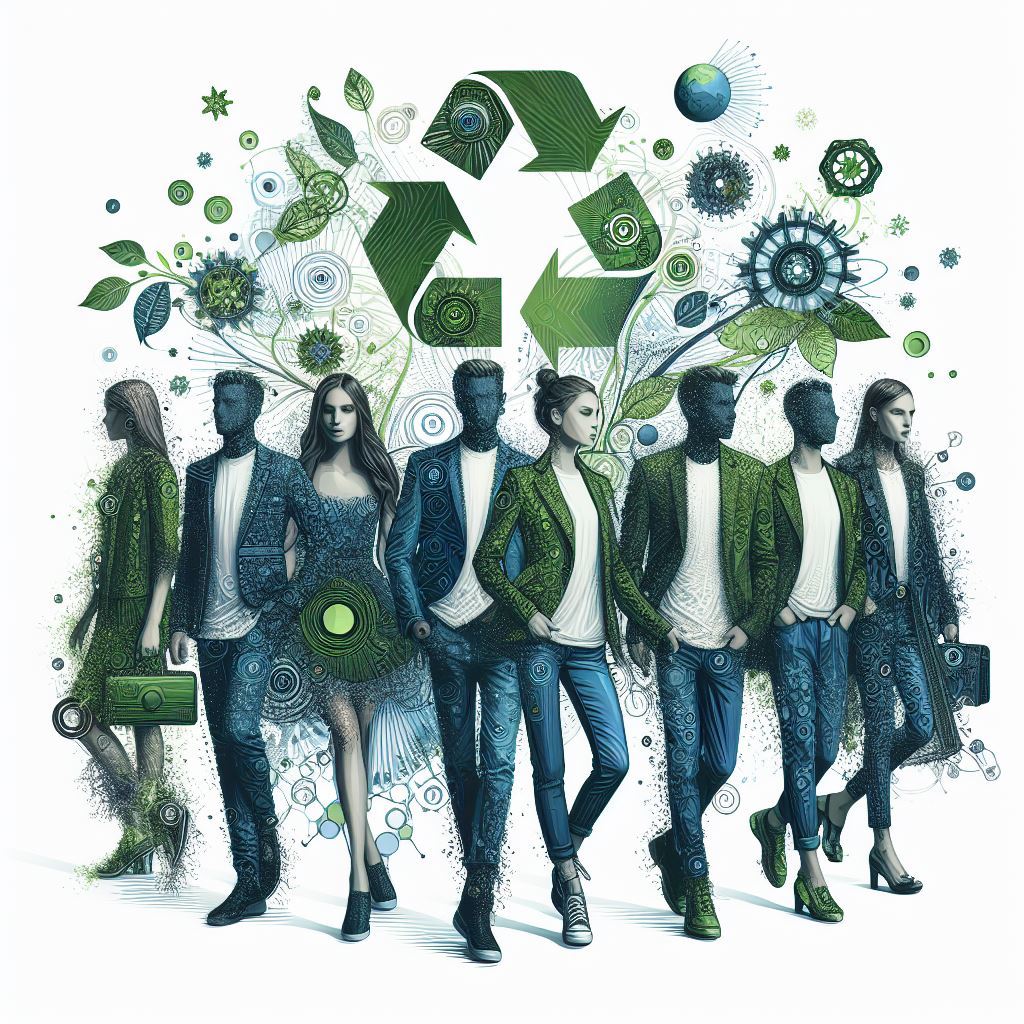In today's fashion landscape, a quiet revolution is taking place—one that prioritizes sustainability without compromising style. As a fashion enthusiast who cares deeply about the planet, I'm excited to explore the burgeoning eco-fashion movement and its impact on redefining style with sustainability.
The Rise of Eco-Fashion
Gone are the days when eco-friendly fashion was synonymous with shapeless hemp sacks. Today, eco-fashion brands are leading the charge in creating chic, stylish clothing that doesn't harm the planet. From innovative fabric alternatives to ethical production practices, eco-fashion is transforming the industry from the inside out.
Sustainable Materials
One of the cornerstones of eco-fashion is the use of sustainable materials. Instead of relying on conventional fabrics like polyester and cotton, which are resource-intensive and often environmentally harmful, eco-fashion brands are turning to innovative alternatives. Materials like organic cotton, bamboo, hemp, and Tencel offer a more sustainable option without sacrificing quality or style.
Ethical Production
In addition to using sustainable materials, eco-fashion brands prioritize ethical production practices. This means ensuring fair wages, safe working conditions, and respect for workers' rights throughout the supply chain. By choosing to support brands that prioritize ethics, consumers can feel good about the clothing they wear and the impact it has on people and the planet.
Circular Fashion
Another key aspect of eco-fashion is embracing the concept of circular fashion. Rather than adhering to the traditional linear model of "take, make, dispose," circular fashion aims to create a closed-loop system where clothing is designed to be recycled, upcycled, or biodegradable. This not only reduces waste but also extends the lifespan of garments, ultimately reducing the environmental footprint of the fashion industry.
Consumer Empowerment
As consumers, we hold the power to drive change in the fashion industry. By making informed choices and supporting eco-friendly brands, we can send a powerful message that sustainability matters. Whether it's choosing quality over quantity, investing in timeless pieces, or opting for second-hand and vintage clothing, every decision we make has the potential to shape the future of fashion.
The Future of Eco-Fashion
Looking ahead, the future of eco-fashion is bright. With growing awareness of the environmental and social impacts of the fashion industry, more brands are embracing sustainability as a core value. As eco-friendly practices become the norm rather than the exception, we can look forward to a fashion industry that is not only stylish but also sustainable.
Conclusion
In conclusion, the eco-fashion revolution is reshaping the way we think about style. By prioritizing sustainability and ethical practices, eco-fashion brands are proving that fashion can be both stylish and planet-friendly. As a conscious consumer, I'm excited to see the continued growth of the eco-fashion movement and the positive impact it has on the fashion industry and the world. Join me in embracing the eco-fashion revolution and redefining style with sustainability.





